CarEdge saved me over 4,500 dollars on a brand new Honda Pilot. I can't say thank you enough.
Price intelligence
Find a wide range of vehicle listings with market insights on new and used listings near you.


Help us personalize your CarEdge experience — it only takes a second.
Your answers help us personalize your CarEdge journey — we’ll follow up with tips and next steps that match your buying timeline.
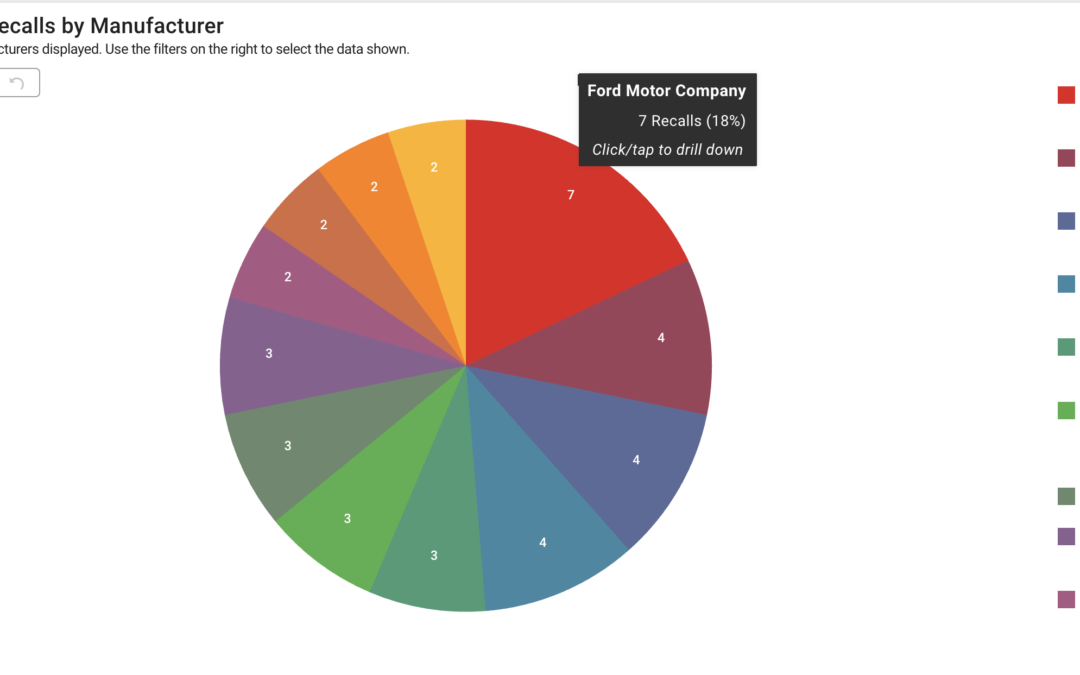
Ford is off to a rough start in 2026. The company just reported its worst earnings miss in four years as EV investments fail to deliver. Making matters worse, Ford is already leading in 2026 automaker recalls at a time when the company is aiming to better its reputation with consumers.
Less than two months into the new year, Ford has issues seven recalls for Ford and Lincoln models. At the same time, the company is boosting employee bonuses after reporting improvements in “initial quality.”
Two very different headlines. Let’s break it down.
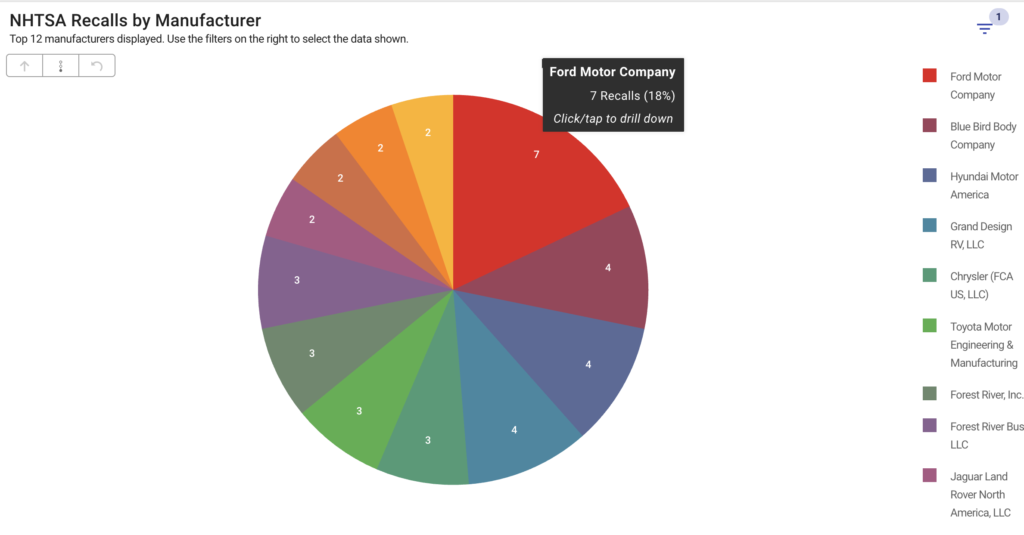
According to the National Highway Traffic Safety Administration (NHTSA), Ford has issued seven recalls in the first 40 days of 2026 alone. Those recalls have already impacted 123,448 vehicles under the Ford Motor Company umbrella.
Models affected this year include the Ford Explorer, Ford Escape, and Ford Transit, among others. Some Lincoln models have also been impacted.
If you own a Ford or Lincoln, it’s worth running your VIN through NHTSA’s free recall lookup tool. Ford CEO Jim Farley has recently hinted that more recalls are likely as the company ‘gets to the root of the problems’, so it would be wise to check your car regularly in 2026.
Ford’s early lead in 2026 follows a difficult 2025. Last year, Ford recorded more than 150 recalls affecting roughly 13 million vehicles, earning the unofficial title of “most-recalled manufacturer.” The year before that, Ford was neck-and-neck with Tesla for the same distinction.
So while it’s still early in 2026, the trend hasn’t exactly reversed.
For context, Hyundai Motor America currently sits in second place this year with four recalls so far.
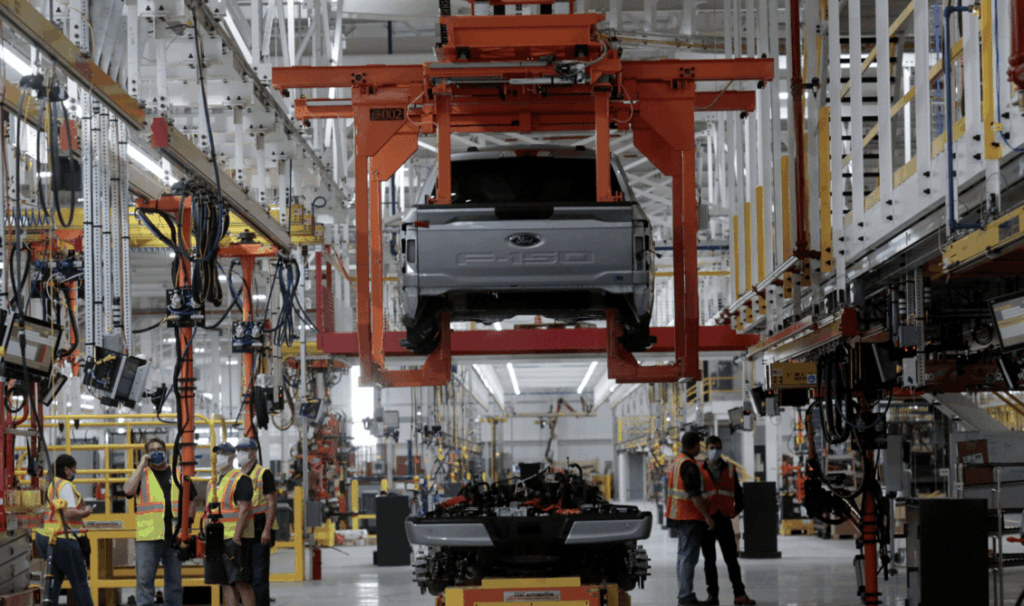
Here’s where things get interesting. Despite the recall count, Ford leadership recently announced higher companywide bonuses tied to improvements in vehicle quality.
According to reporting from Reuters, CEO Jim Farley told employees during a town hall that bonuses would be set at 130%. The move came after Ford delivered on its goal to improve “initial quality” — a metric that measures repairs in the first 90 days of ownership.
Farley reportedly told employees that initial quality is the best it has been in a decade. He also described the higher payouts as an investment in workers as the company works toward an 8% EBIT margin by 2029.
Ford has struggled for years with high warranty costs and repeated recall campaigns. Farley has previously acknowledged that recalls could rise in the short term as the company works through lingering issues. His argument: initial quality is the better indicator of whether Ford’s turnaround efforts are working. Recalls don’t matter, at least not yet.
On paper, Ford leads the industry in recalls yet again. Internally, leadership says quality metrics are improving in meaningful ways. Strange times indeed for car buyers on the hunt for a reliable, well-built car.
Ford’s early 2026 recall numbers are hard to ignore. Seven recalls in 40 days affecting over 120,000 vehicles is not a good look.
At the same time, the company says its vehicles are performing better in the first 90 days of ownership than they have in a decade, and it’s rewarding employees accordingly.
Both things can be true.
Recalls measure one side of quality. They usually pertain to safety defects and regulatory compliance. Initial quality measures early ownership experience. They don’t always move in lockste, so it will be interesting to see how both evolve in 2026.
For now, Ford remains under a microscope. Whether 2026 becomes another record year for recalls, or the year quality truly turns the corner, is something we’ll be watching closely.
Don’t forget to check your car or truck for recalls. That free tool could become a Ford driver’s best friend if the trend continues this year.
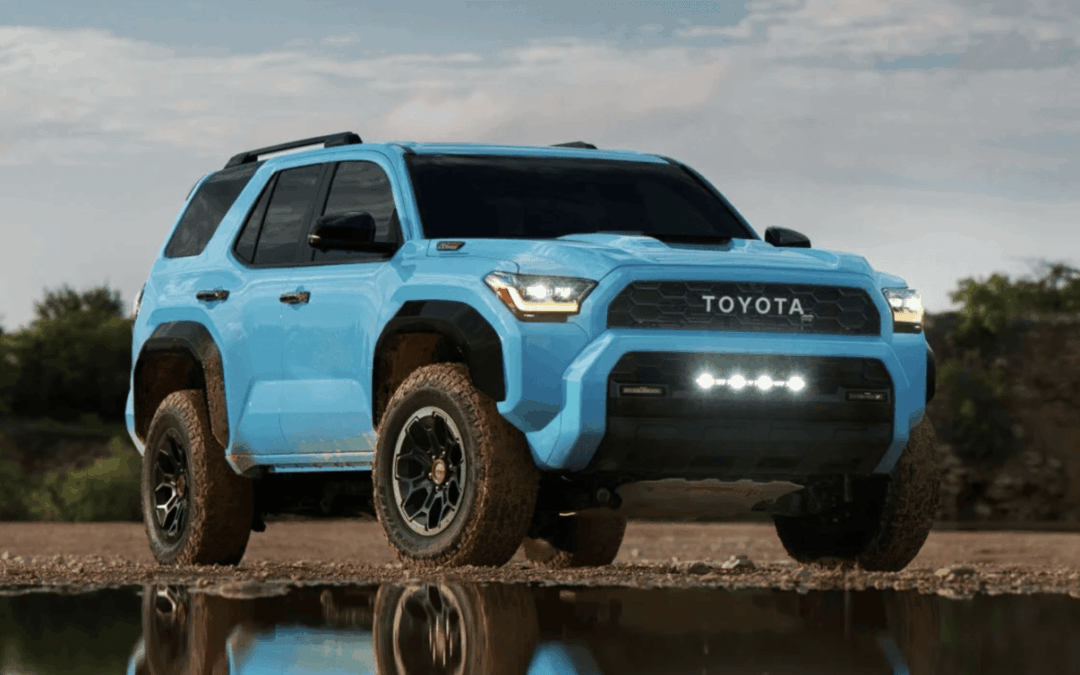
Toyota’s U.S. sales continue to climb in 2026, even as several competitors experience a dip. Even by Toyota standards, four models are outpacing the rest of the lineup by an impressive margin. No matter what the likes of Hyundai, Mazda, or Chevrolet add to their lineups, Toyota continues to widen its lead in the North American market.
If you’re considering any of these models, be prepared to act quickly when you find the right fit. Here’s what’s driving the surge in popularity for these four Toyota models.
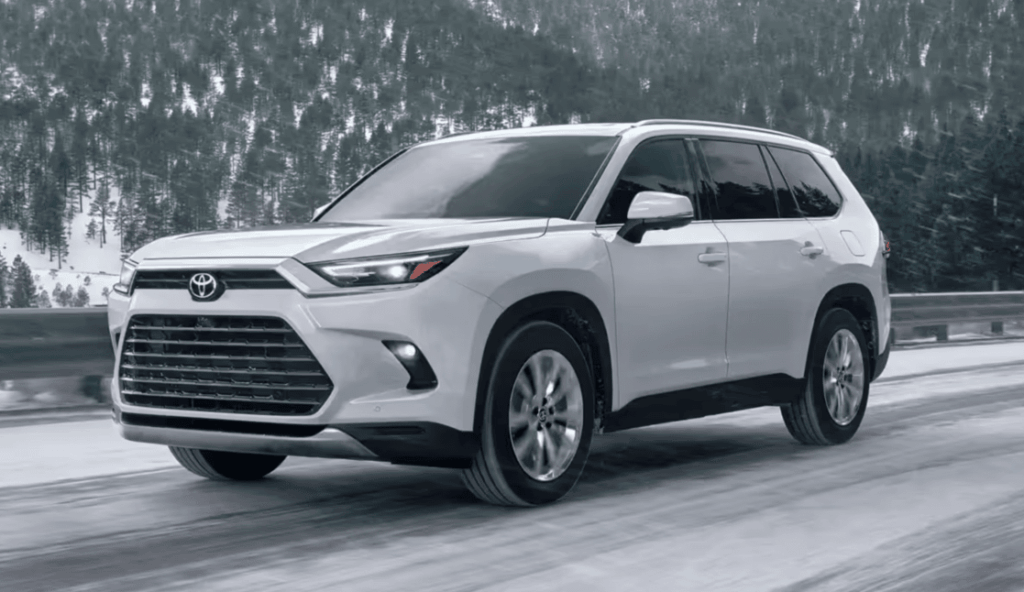
January sales surged 72% year-over-year as the Grand Highlander continues to cannibalize Highlander sales. For all of 2025, sales jumped an impressive 91% compared to the debut 2024 model year. These figures include both hybrid and non-hybrid versions.
Why it’s popular: The Grand Highlander offers more space and features than the legendary Highlander. Toyota recently announced that the standard Highlander will go all-electric for 2027. With EV sales still struggling to recover from the “EV winter” following the end of federal tax credits, this shift could push even more buyers toward the Grand Highlander, regardless of how competitive the Highlander EV’s pricing and specs turn out to be.

Sedan sales have plummeted market-wide, dropping from 40% of all light-duty vehicle sales in 2015 to just 10% in 2025. But the Corolla remains a bright spot in an otherwise struggling segment. January sales climbed 12% year-over-year, following a 7% increase for all of 2025.
With world-famous reliability and a starting price of just $24,120 including destination charges, the Corolla continues to be an all-time favorite for commuters. It simply gets the job done.
This month, Toyota is even offering a sub-$250 lease deal on the Corolla. That’s one of the best values on the market.
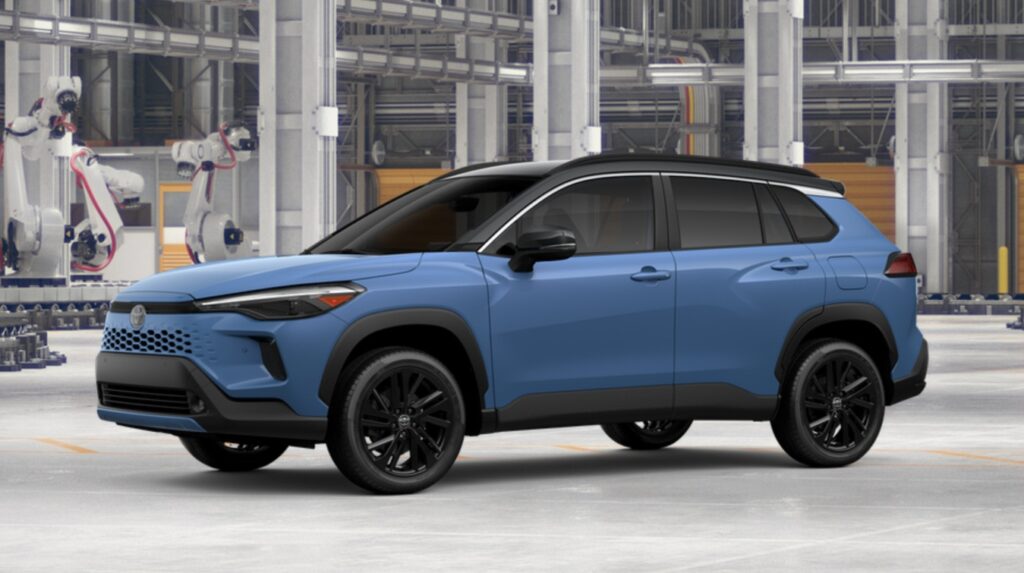
Last month, Corolla Cross sales jumped 34% compared to January 2025, with Toyota moving 8,542 units of the popular crossover. In 2025, sales climbed 7% over an already strong 2024, blowing the previous record out of the water just four years after the model’s launch. The Corolla has always been popular and reliable, but transforming it into a crossover has proven to be a brilliant move for Toyota’s bottom line.
About a third of the 99,798 units sold in 2025 were hybrids. Negotiating on this popular model will be challenging in 2026, as inventory typically runs well below the market average for Toyota vehicles.
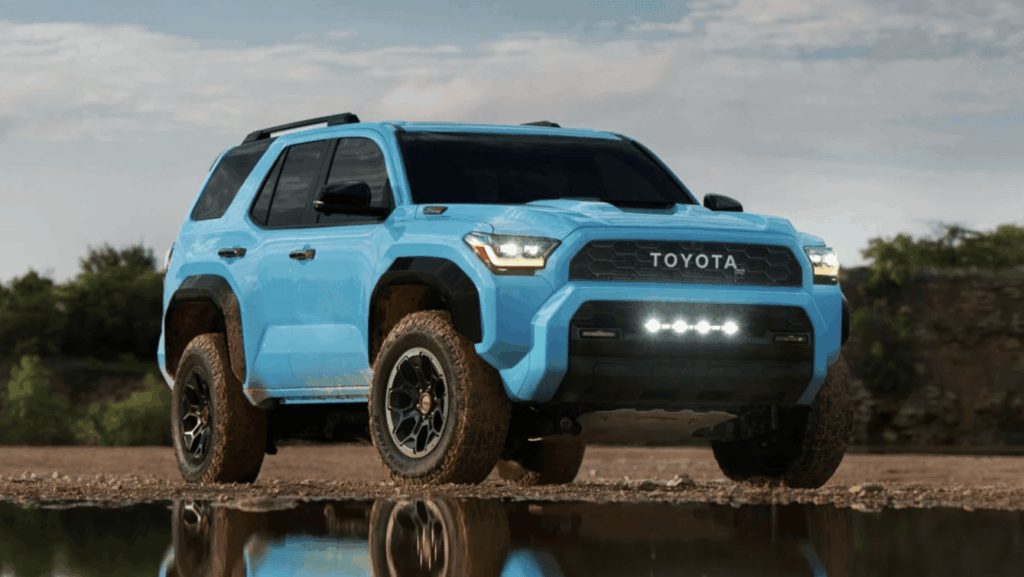
This one’s particularly interesting. After receiving its first major refresh in a decade for the 2025 model year, the Toyota 4Runner has seen sales climb steadily higher. Year-over-year comparisons are tricky, though, since virtually no inventory was available during the first few months of 2025 as dealers awaited initial shipments of the redesigned model.
That said, the numbers tell a compelling story: 2025 sales increased 8% over the previous year, with nearly 100,000 units sold. While not an all-time record, it represents a continued upward trajectory.
There’s a silver lining for 4Runner buyers in 2026: Toyota appears to have more inventory than usual heading into spring. With 57 days of market supply, the 4Runner has better availability than most Toyota models (the brand overall sits at 50 days of supply).
This means negotiating savings on a 4Runner may actually be possible in some cases—especially on the roughly 1,300 leftover 2025 models still sitting on dealer lots. Toyota is also offering competitive manufacturer incentives right now, though deals vary by region, so check availability in your ZIP code.
These four Toyota models prove that even in a competitive market, the right combination of features, value, and reliability can drive continued sales growth. This is great news for Toyota of North America, but it can present new challenges for buyers looking for a deal.
The key takeaway? If one of these models is on your shopping list, don’t wait too long to make your move. Just remember: acting fast doesn’t mean accepting dealer markups or unwanted add-ons. Buying a top-selling car simply means you need to arrive prepared and disciplined (when it comes to your wallet). Stick to your budget, negotiate with confidence, and you’ll drive away in one of Toyota’s hottest sellers without any regrets.
Tired of the dealership games? Learn how CarEdge takes care of it for you.
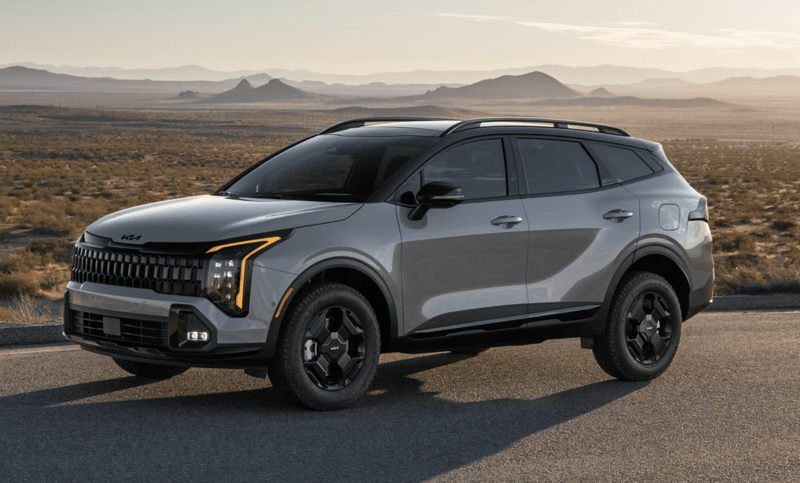
Presidents Day weekend is almost here, and with the holiday comes some noteworthy new car deals. With the average new car price officially hitting $50,000, more drivers are looking into leasing as a solid option. Leasing is a great way to avoid the steep depreciation that comes along with buying any new car.
This month’s standout lease deals are mostly for leftover 2025 inventory. It’s February 2026, yet over half a million 2025 models remain on dealership lots nationwide. There are also some great lease deals for brand-new 2026 models, which is a bit unusual so early in the year. This means it’s still a buyer’s market.
We’ve combed through February offers to find the best Presidents Day lease deals available now. From zero-down luxury leases to sub-$300 payments on trucks and SUVs, these are the offers worth the test drive.
Be sure to check out our Presidents Day deal hub for more offers.
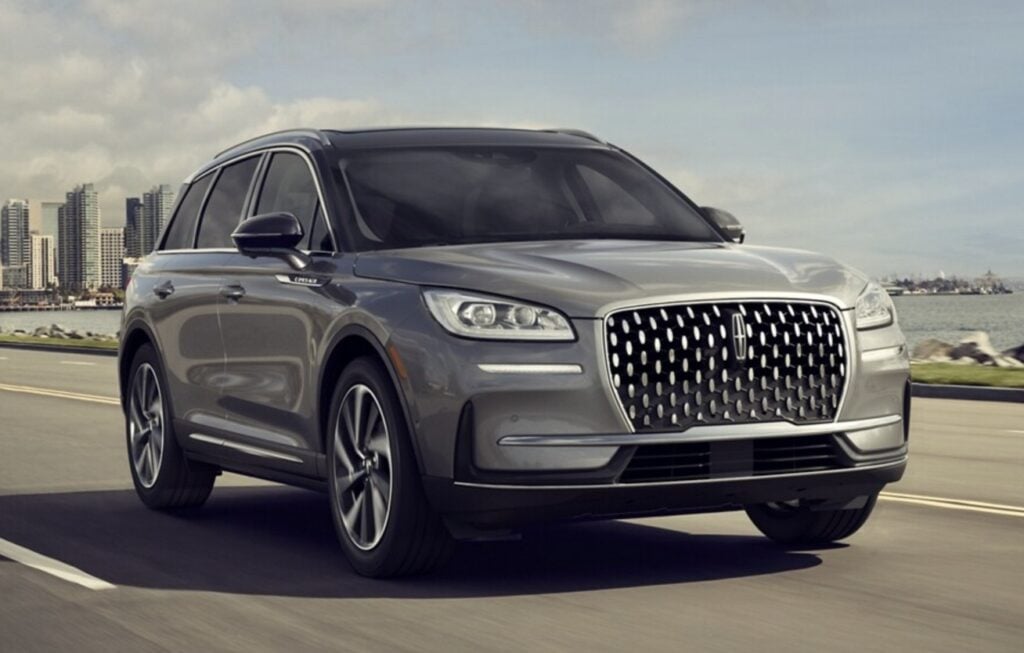
Presidents Day Lease Deal: $499/month for 36 months with $499 due at signing
It’s rare to see any luxury brand offering a zero-down lease deal, so this one is special.
Browse local Lincoln listings or see offer details.
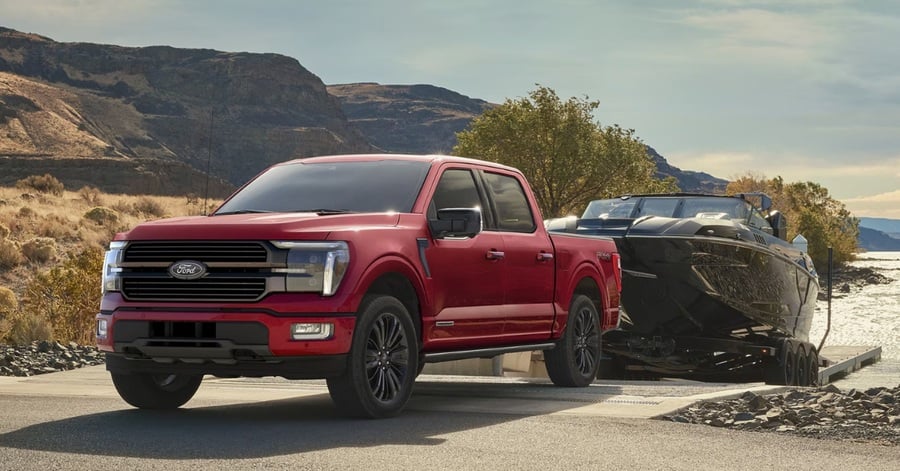
Presidents Day Lease Deal: $479/month for 36 months with $479 due at signing
Browse local F-150 listings or see Ford offer details.
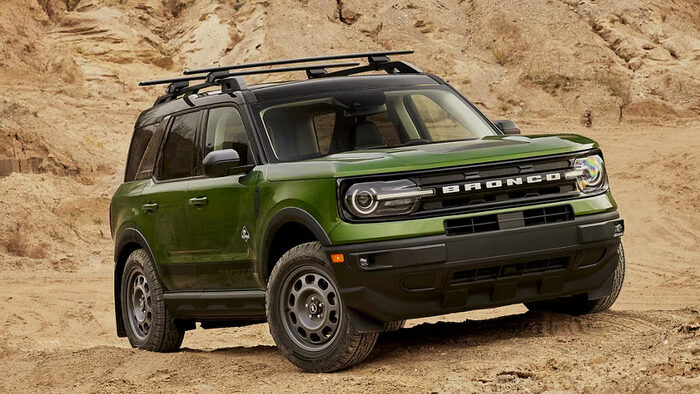
Presidents Day Lease Deal: $385/month for 36 months with $385 due at signing
Note: This offer expires on February 16, 2026.
Browse local Bronco Sport listings or see Ford offer details.
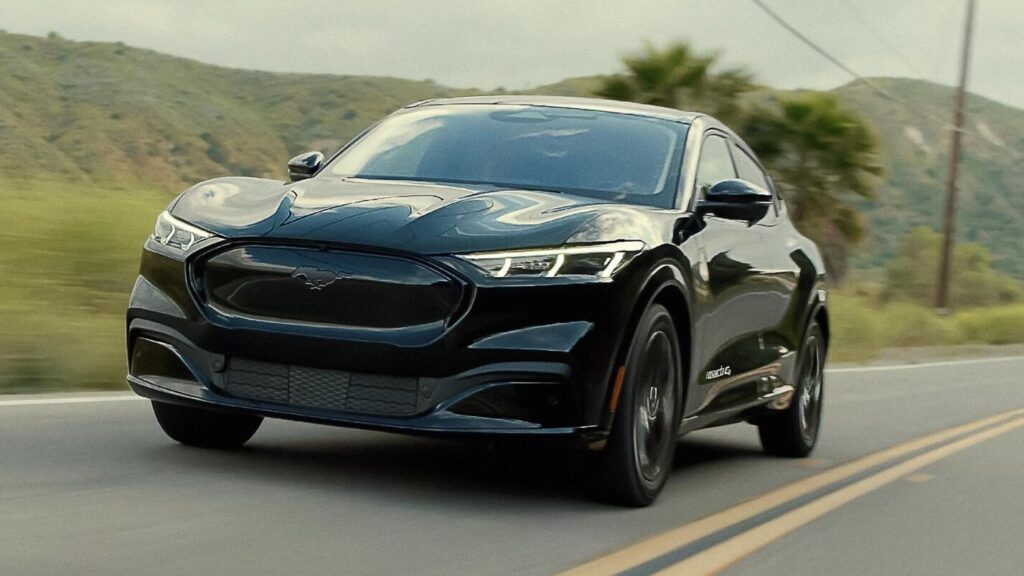
Presidents Day Lease Deal: $363/month for 36 months with $363 due at signing
See Ford Mustang Mach-E deals, or see Ford offer details.
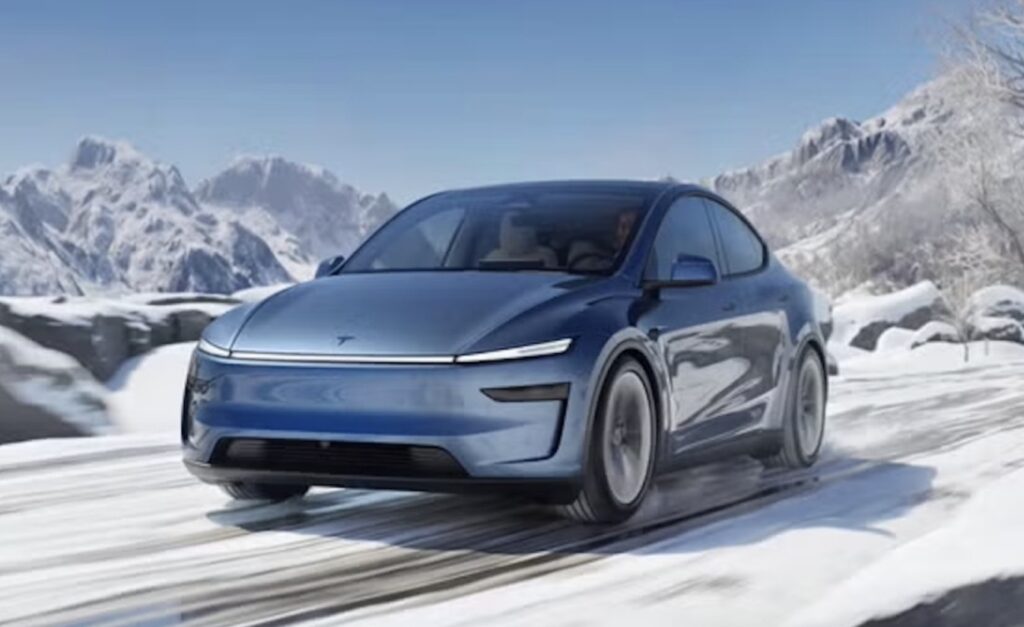
Presidents Day Lease Deal: Lease the Model Y Rear-Wheel Drive from $547/month for 36 months with $0 due at signing. The Premium All-Wheel Drive and Performance are also eligible for this zero-down offer.
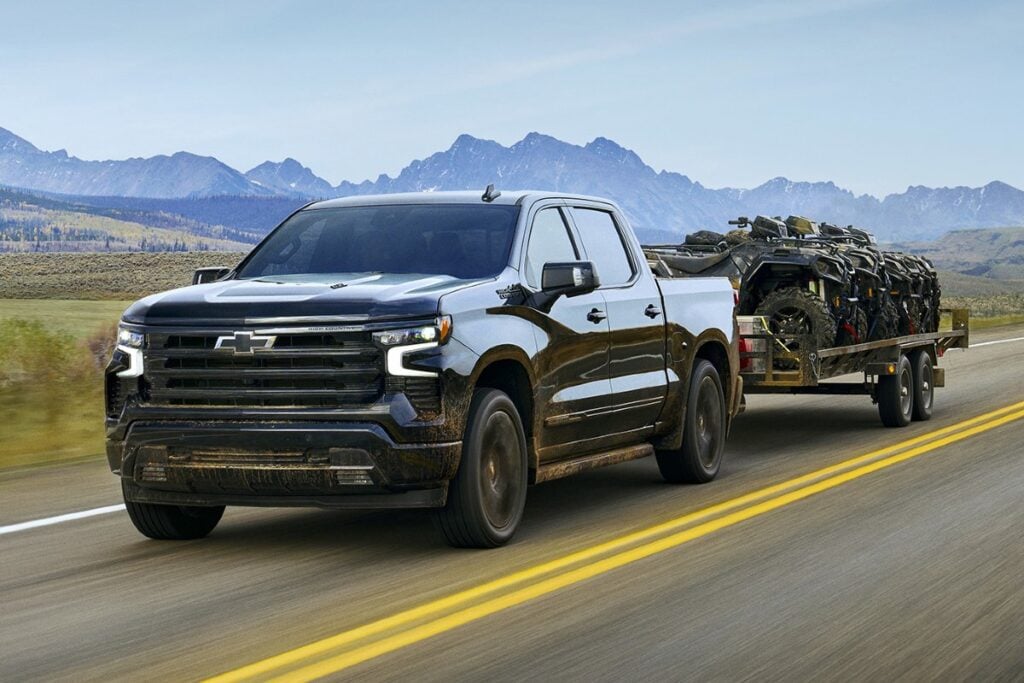
Presidents Day Lease Deal: $379/month for 36 months with $1,709 due at signing (Crew Cab 4WD LT with TurboMax engine)
Note: This offer is for current lessees of 2021 or newer Chevrolet vehicles.
See Silverado listings near you, or see Chevrolet offer details.
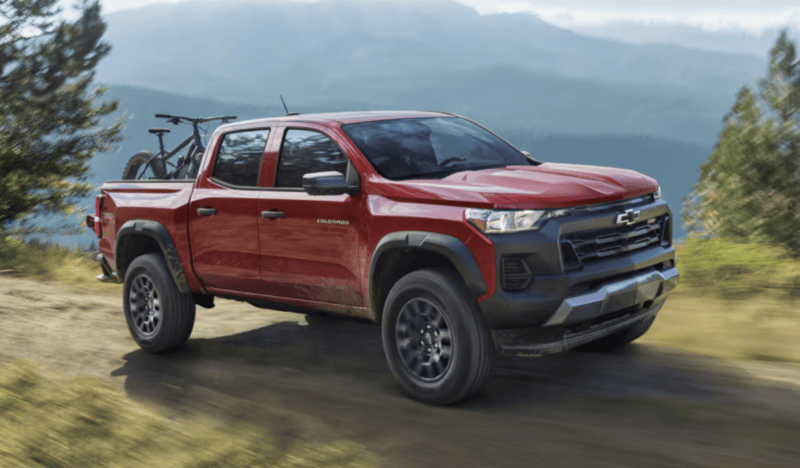
Presidents Day Lease Deal: $279/month for 36 months with $1,929 due at signing (Custom Crew Cab 2WD)
Note: This offer is for current lessees of any 2021 or newer Chevrolet. Offer valid through March 2, 2026.
See Colorado listings near you, or see Chevrolet offer details.

Presidents Day Lease Deal: Lease the Sportage Plug-In Hybrid from $269/month for 24 months with $3,999 due at signing.
See Kia listings near you, or see Kia offer details.

Presidents Day Lease Deal: Lease the NX 350 AWD for $509/month for 42 months with $3,999 due at signing.
See Lexus listings near you, or see Lexus offer details.
Presidents Day car deals are worth the hype this year, especially if leasing is on your radar. Whether you’re drawn to a zero-down luxury lease or a great deal on a full-size truck, February 2026 is a great time to lease.
Don’t want to negotiate alone? CarEdge Concierge takes the hassle out of leasing. Our automotive experts handle everything—from finding the perfect vehicle and trim to negotiating your best deal with local dealers. We’ll make sure you’re getting the advertised offer (or better) without the back-and-forth.
Learn more about CarEdge Concierge and let us do the heavy lifting this Presidents Day weekend.
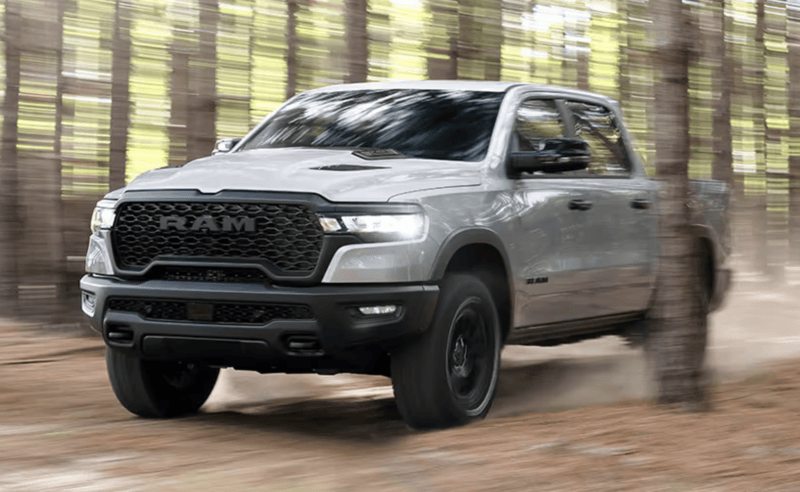
The gap between the fastest and slowest-selling pickups is widening in 2026. With some trucks selling in just over a month, and others sitting unsold for over six months, knowing what’s hot (and what’s not) can make or break your next deal.
That’s why understanding Market Day Supply (MDS) is more important than ever for anyone buying or selling a truck in 2026. At CarEdge, we used real-time inventory and sales data to identify the fastest- and slowest-selling trucks each month.
MDS tells us how long it would take to sell all the current inventory of a particular model at the current sales pace, assuming no new units are added. A low MDS means a truck is selling quickly. A high MDS, on the other hand, signals oversupply, and that can mean buyers have more leverage at the dealership.
Whether you’re buying new or considering a trade-in, here’s what the latest market data from CarEdge Pro reveals about the best-selling and worst-selling trucks in America.
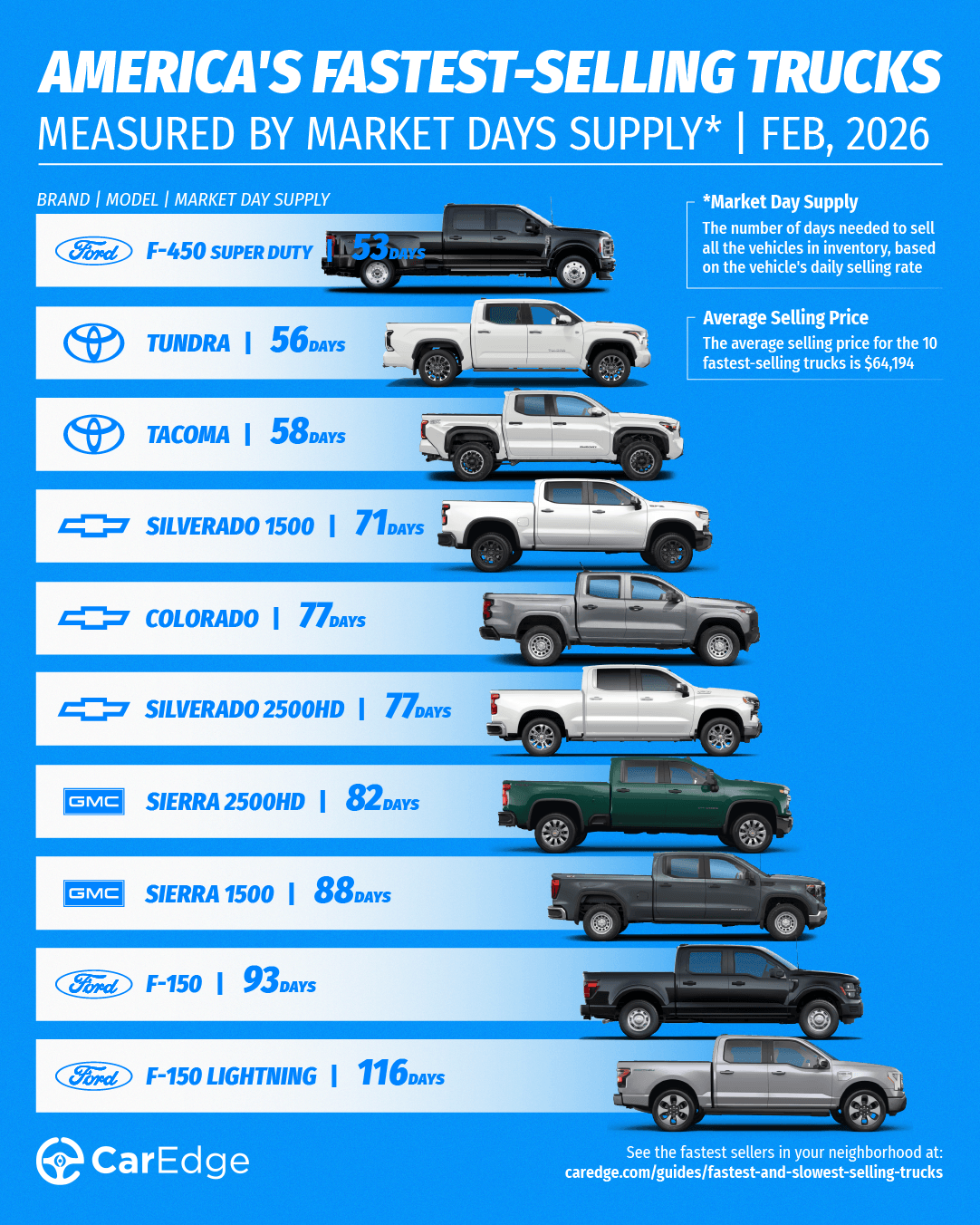
These trucks are in high demand and selling quickly. But if you’re hoping to negotiate a deal on one of these, don’t count on much wiggle room unless you work with a pro.
| Make | Model | Market Day Supply | Total For Sale | 45-Day Sales | Average Selling Price |
|---|---|---|---|---|---|
| Ford | F-450 Super Duty | 53 | 1,555 | 1,318 | $98,065 |
| Toyota | Tundra | 56 | 29,870 | 24,081 | $63,936 |
| Toyota | Tacoma | 58 | 55,275 | 42,861 | $46,088 |
| Chevrolet | Silverado 1500 | 71 | 56,709 | 35,709 | $52,911 |
| Chevrolet | Colorado | 77 | 19,009 | 11,146 | $41,844 |
| Chevrolet | Silverado 2500HD | 77 | 22,335 | 13,120 | $66,488 |
| GMC | Sierra 2500HD | 82 | 17107 | 9420 | $81,410 |
| GMC | Sierra 1500 | 88 | 46,625 | 23,731 | $62,347 |
| Ford | F-150 | 93 | 87,124 | 42,293 | $61,217 |
| Ford | F-150 Lightning | 116 | 4,315 | 1,677 | $67,631 |
Source: CarEdge Pro
The Ford F-450 Super Duty is the fastest-selling pickup truck in February 2026. On average, this heavy duty pickup truck sits on the lot for a little under two months before finding a buyer. Toyota’s Tundra and Tacoma are in second and third place, with trucks from GM far behind.
These trucks will be less negotiable as demand exceeds what’s typical for the truck market. Still, never agree to dealership markups or forced add-ons. Remember, informed shoppers always get the best deals.
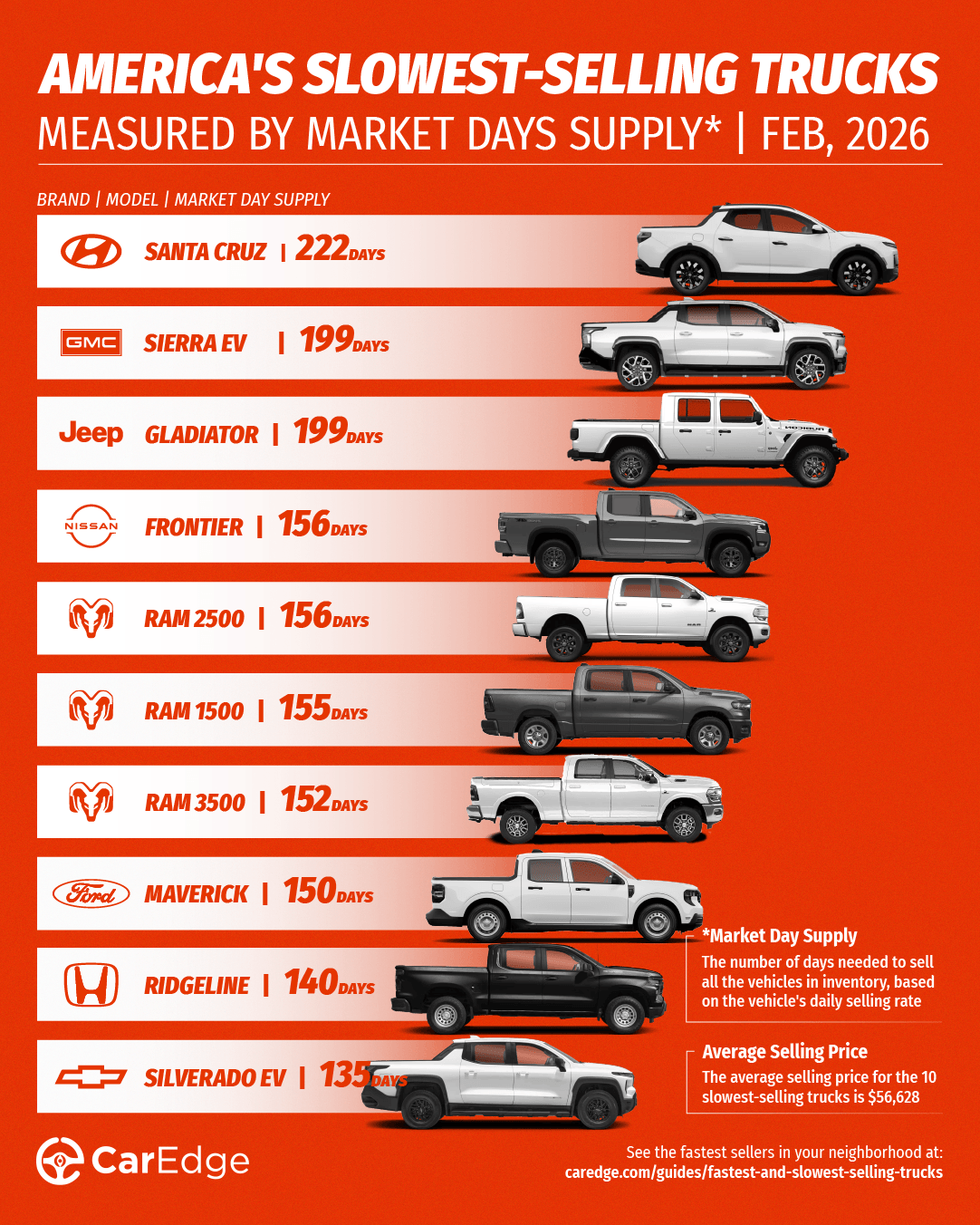
On the flip side, these trucks are struggling to move. Some of these trucks are taking more than six months to sell on average. If you’re in the market, these pickup trucks offer room for negotiation, especially with DIY market insights.
| Make | Model | Market Day Supply | Total For Sale | 45-Day Sales | Average Selling Price |
|---|---|---|---|---|---|
| Hyundai | Santa Cruz | 222 | 10,474 | 2,120 | $36,439 |
| GMC | Sierra EV | 199 | 2,709 | 614 | $81,439 |
| Jeep | Gladiator | 199 | 19,162 | 4,332 | $48,732 |
| Nissan | Frontier | 156 | 21,527 | 6,214 | $39,957 |
| Ram | Ram 2500 | 156 | 31,388 | 9,047 | $68,554 |
| Ram | Ram 1500 | 155 | 66,988 | 19,429 | $60,056 |
| Ram | Ram 3500 | 152 | 10993 | 3263 | $77,020 |
| Ford | Maverick | 150 | 43,224 | 12,933 | $33,930 |
| Honda | Ridgeline | 140 | 11,513 | 3,711 | $45,292 |
| Chevrolet | Silverado EV | 135 | 1,855 | 615 | $74,864 |
Source: CarEdge Pro
The Hyundai Santa Cruz, a truck that was recently sent to the graveyard. Trucks from Stellantis brands (Ram and Jeep) take up four of the bottom 10 spots in February. Sellers can expect these slow-selling trucks to sit on the lot for at least four months, but this creates great chances to negotiate savings for buyers.
As the truck market ebbs and flows, it’s easy to become overwhelmed. Luckily, there are new tools and services available that take the hassle out of buying a truck entirely. Here’s how CarEdge can help.
👉 Negotiate anonymously with CarEdge AI (NEW!)
👉 Have a pro negotiate your deal with CarEdge’s Car Buying Service
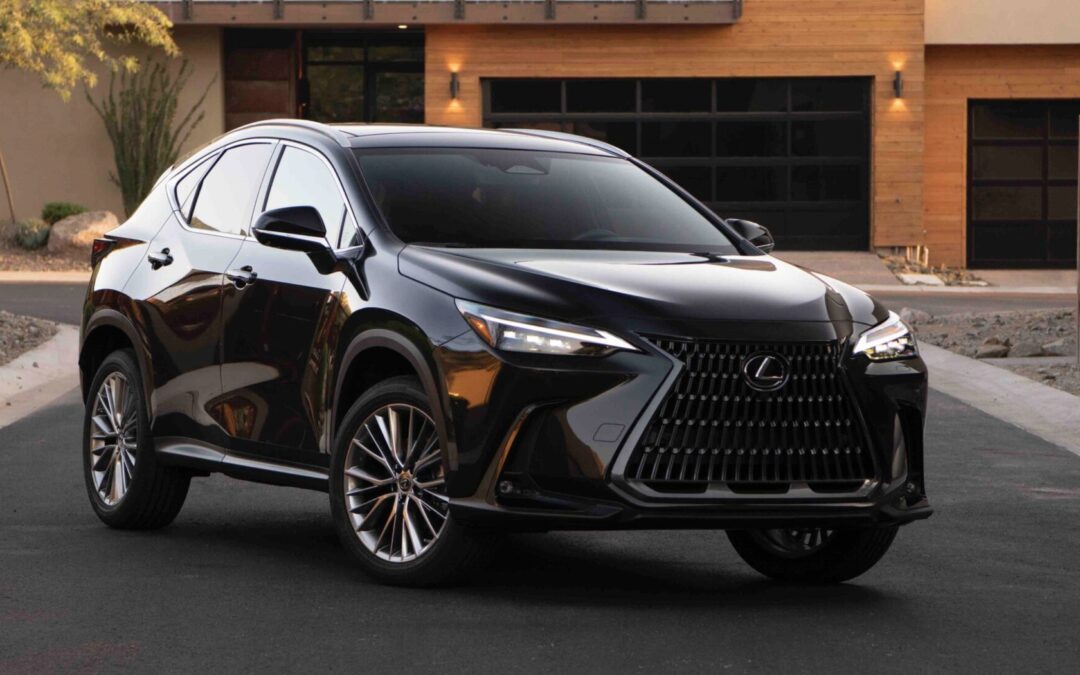
In 2026, some SUVs and crossovers are being scooped up as soon as they hit the lot, while others are sitting unsold for more than a year on average. Whether you’re a buyer looking for a deal or a seller trying to time the market, understanding which SUVs are moving (or not) is essential.
We analyzed February car market data to find the SUVs with the lowest and highest market day supply (MDS). MDS is a measure of how many days it would take to sell through current inventory at the current sales pace. Here are the winners and losers in 2026’s SUV market.
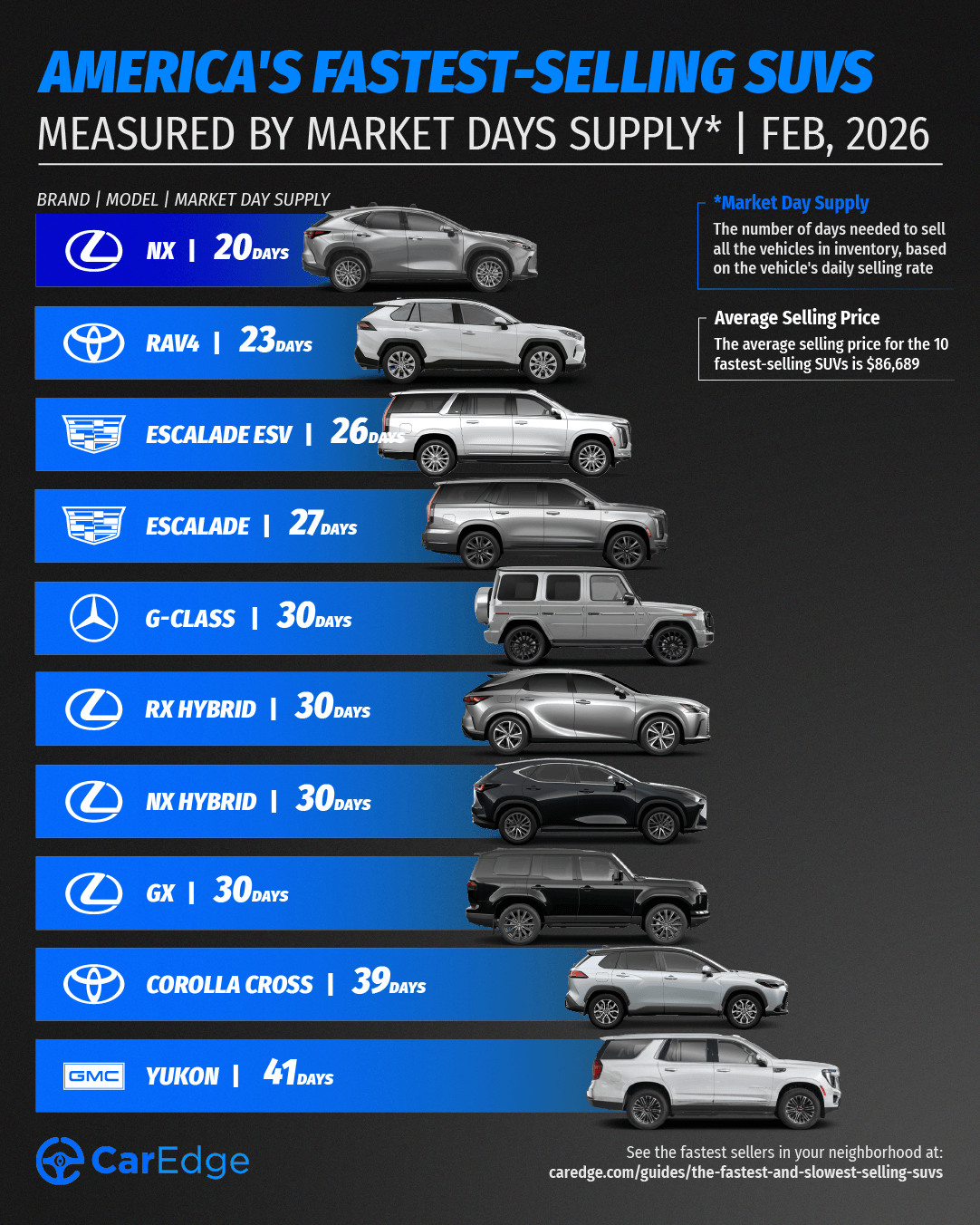
These are the fastest-selling SUVs and crossovers this month. These models have the lowest market day supply, which means they’re in high demand, and are likely harder to negotiate on due to limited availability.
| Make | Model | Market Day Supply | Total For Sale | 45-Day Sales | Average Selling Price |
|---|---|---|---|---|---|
| Lexus | NX | 20 | 1,618 | 3,650 | $51,503 |
| Toyota | RAV4 | 23 | 23,903 | 46,640 | $37,389 |
| Cadillac | Escalade ESV | 26 | 994 | 1,695 | $127,407 |
| Cadillac | Escalade | 27 | 1,795 | 3,026 | $125,746 |
| Mercedes-Benz | G-Class | 30 | 937 | 1,417 | $204,981 |
| Lexus | RX Hybrid | 30 | 4,914 | 7,420 | $64,374 |
| Lexus | NX Hybrid | 30 | 2,511 | 3,796 | $54,465 |
| Lexus | GX | 30 | 2,378 | 3,593 | $80,947 |
| Toyota | Corolla Cross | 39 | 16,797 | 19,195 | $31,709 |
| GMC | Yukon | 41 | 4,643 | 5,139 | $88,369 |
Source: CarEdge Pro
Besides the surprise visit of four GM models on the list, February is yet another month dominated by Toyota and Lexus. The 2026 Lexus NX is the fastest-selling SUV right now, with inventory sitting on the lot for just 20 days on average. The newly-redesigned RAV4 is close behind. Cadillac’s Escalade and larger Escalade ESV are also quick sellers, marking a bright spot for otherwise slow-selling GM models.
What does it all mean? If you plan to buy or lease any of the above SUVs, especially those from Toyota and Lexus, expect to have less negotiating power than if you were to shop one of the slower-selling cars on the market. That doesn’t justify paying for dealer markups or unwanted add-ons. Stay away from those traps. But for these fast-selling SUVs and crossovers, paying MSRP would be a fair deal in 2026’s SUV market.
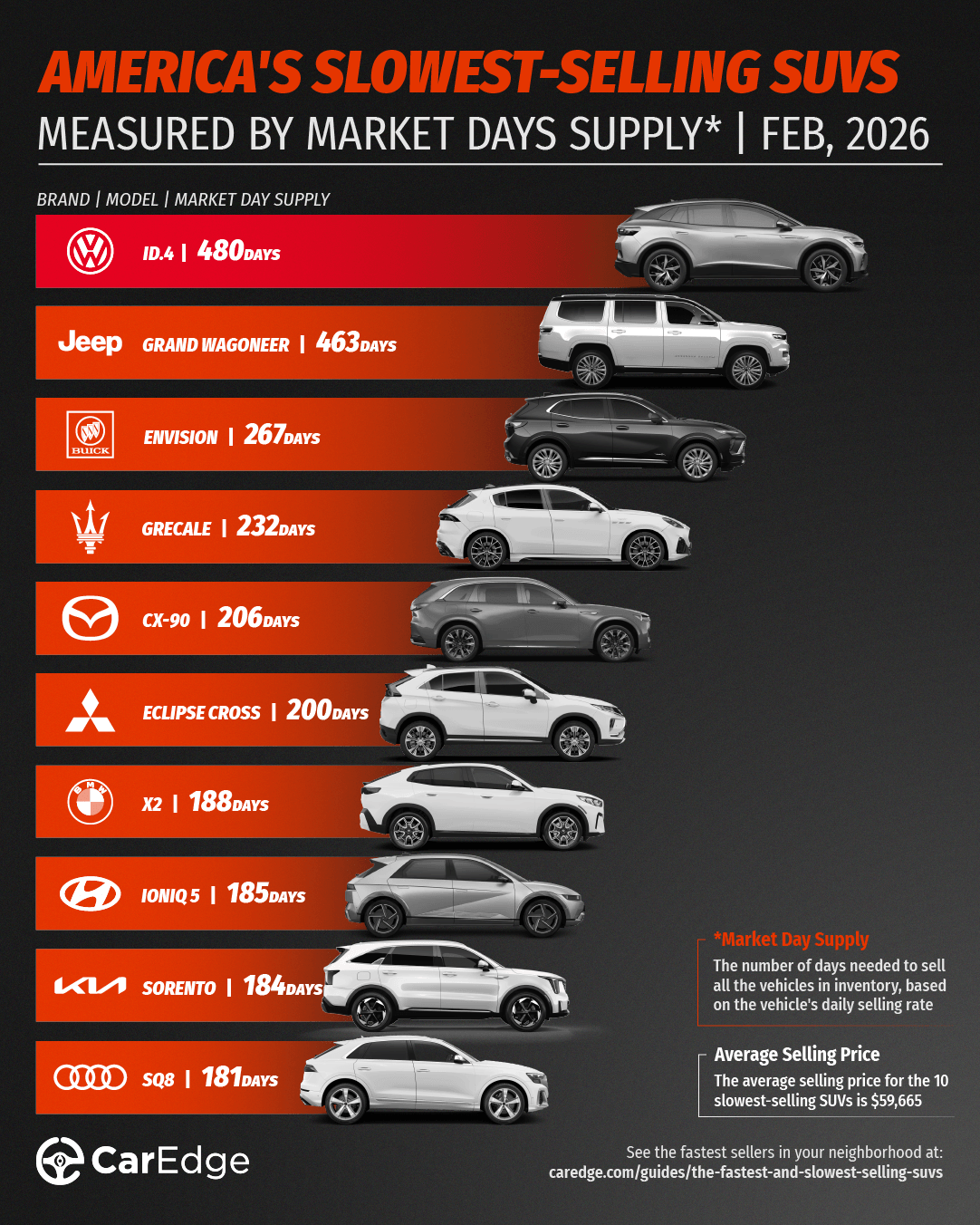
These SUVs have the highest market day supply, which means they’re sitting unsold for longer. Buyers may be able to score better deals on these slowest-selling SUVs in February, especially with this AI negotiator doing the work for you.
| Make | Model | Market Day Supply | Total For Sale | 45-Day Sales | Average Selling Price |
|---|---|---|---|---|---|
| Volkswagen | ID.4 | 480 | 1,482 | 139 | $49,534 |
| Jeep | Grand Wagoneer | 463 | 4,510 | 438 | $85,252 |
| Buick | Envision | 267 | 11,337 | 1,910 | $40,994 |
| Maserati | Grecale | 232 | 583 | 113 | $85,649 |
| Mazda | CX-90 | 206 | 15,991 | 3,486 | $48,214 |
| Mitsubishi | Eclipse Cross | 200 | 2,658 | 597 | $30,111 |
| BMW | X2 | 188 | 1,392 | 333 | $52,698 |
| Hyundai | IONIQ 5 | 185 | 10,276 | 2,506 | $45,901 |
| Kia | Sorento | 184 | 36,137 | 8,845 | $40,047 |
| Audi | SQ8 | 181 | 518 | 129 | $118,251 |
Source: CarEdge Pro
With the federal EV tax credit now over, the Volkswagen ID.4 is at the top of the list for the second month in a row, with well over one year of supply. The IONIQ 5, one of the fastest-charging EVs on the market, is also taking half a year to sell. Several of the others fall into the luxury segment. With recent inflation and persistently high interest rates, buyers are thinking twice about buying luxury vehicles.
Just two Stellantis models are in the bottom 10 this month. That’s a big improvement after dominating the slowest-sellers last year. However, Jeep’s Grand Wagoneer is still in second place. It has been a slow-selling model for most of the past year, despite seeing major price cuts several months ago.
For any of these slow-selling SUVs, prices will be more flexible if you come equipped with negotiation know-how.
If you’re looking for a deal, start with the slowest sellers this month. High inventory levels mean dealers are likely motivated to talk pricing if you negotiate with confidence. It’s always best to take a look at the best incentives of the month, too.
“If you’re shopping for a slow-selling SUV, the ball is in your court,” says auto industry veteran Ray Shefska. “Dealers know those vehicles aren’t moving, and that gives you the upper hand in price negotiations.”
Shopping Toyota, Honda, or Lexus? Expect tighter inventory and less room for negotiation. You may need to move quickly if you find the right trim. However, this is no reason to pay for unwanted add-ons or dealer markups!
With CarEdge Concierge, our experts do the legwork for you, from researching inventory to negotiating with dealers. Already know what you want? Use our AI Negotiation Expert service and have CarEdge AI negotiate with car dealers anonymously!
Explore more free tools and resources with car buying guides, cost of ownership comparisons, and downloadable cheat sheets. There’s no reason to shop unprepared in 2026.
CarEdge is a trusted resource for car buyers, offering data-backed insights, negotiation tools, and expert guidance to help consumers save time and money. Since 2019, CarEdge has helped hundreds of thousands of drivers navigate the car-buying process with confidence. Learn how to buy a car the easy way at CarEdge.com.